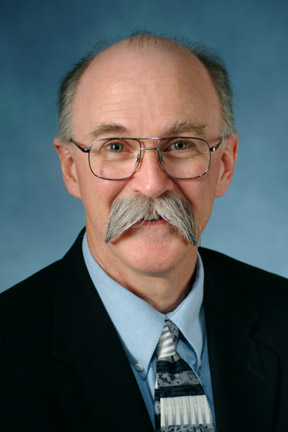The urban growth machine
Over 30 years ago Harvey Molotch wrote a now famous article that described political urban growth machines (H. Molotch, The American Journal of Sociology, 1976). In this article, Molotch explains how developers and others interested in the development process organize to capture local government in order to achieve their ends.
Lawrence has, for a long time, been struggling to control the influence of such an urban growth machine.
When the developers can get their friends elected to the City Commission, these friends can facilitate the development process. Developer-friendly mayors can appoint developer friendly people to the Planning Commission. Thus, when the developer needs a favorable vote in order to gain approval of a development proposal that runs counter to the community's comprehensive plan, the developer-friendly Planning Commission will ignore the plan and approve the development.
When the developers can get their friends elected to the City Commission, developer control of the planning process is complete. The City Commission sits as the final level of quality control in planning decisions. Even if a development proposal fails to gain approval from the Planning Commission, a developer-friendly City Commission can be counted on to approve a proposal at odds with the plan.
The growth machine in action in Lawrence
We have seen this process manifest itself in numerous retail proposals calling for more space to be built than is permitted in the plan. The best example is at 6th Street and Wakarusa Drive. The plan calls for no more than 200,000 square feet of space, but the Planning Commission approved over 400,000 square feet of space. This hurts older shopping districts and especially hurts downtown which is specifically identified for protection by the City’s plan.
We have also seen this process play out in the excessive growth of housing subdivisions and apartment complexes on the perimeter of the city. During the 1990s, developers built 20% more housing than the population growth demanded. This drew population and investment out of older neighborhoods causing millions of dollars of property value to be lost.
Planning mistakes of this scale do not happen by accident. It takes the concerted efforts of a well-organized, developer-driven growth machine to do this much harm.
Who will control the future composition of the City Commission?
Builders and others closely tied to the development process have a keen interest in the current election. They are not in control of the current City Commission, but they want to be. They can only count of two votes, Hack and Amyx. The developers are not in control of the current Planning Commission. It is split evenly between pro-developer commissioners and pro-planning commissioners. This will probably change. Several pro-planning members of the Planning Commission will see their terms expire. Soon-to-be Mayor Hack will have the opportunity to appoint replacement members to the Planning Commission. It is very likely that she will appoint people who are pro-developer.
The upcoming election will dictate whether the next City Commission will also shift to a pro-developer majority. The developers know that they only need to win a single seat to have a pro-developer majority on the City Commission. Coupled with a pro-developer Planning Commission, the growth machine will encounter few obstacles, at least for the next couple of years. This is why the developers are investing so heavily in this election with large contributions to their selected candidates, Chestnut, Dever and Bush.
It is important that the community protect itself. Citizens all too often participate in the planning process only when the development issue is in their own back yard. By then it is too late. This level of participation is survivable if the citizens can count on their elected officials to serve the interests of the community as a whole, not the narrow special interests of the developers, builders and other players in the real estate development process. For this reason, voters need to elect David Schauner, Carey Maynard-Moody, and Dennis “Boog” Highberger.
Wednesday, March 14, 2007
Subscribe to:
Posts (Atom)
